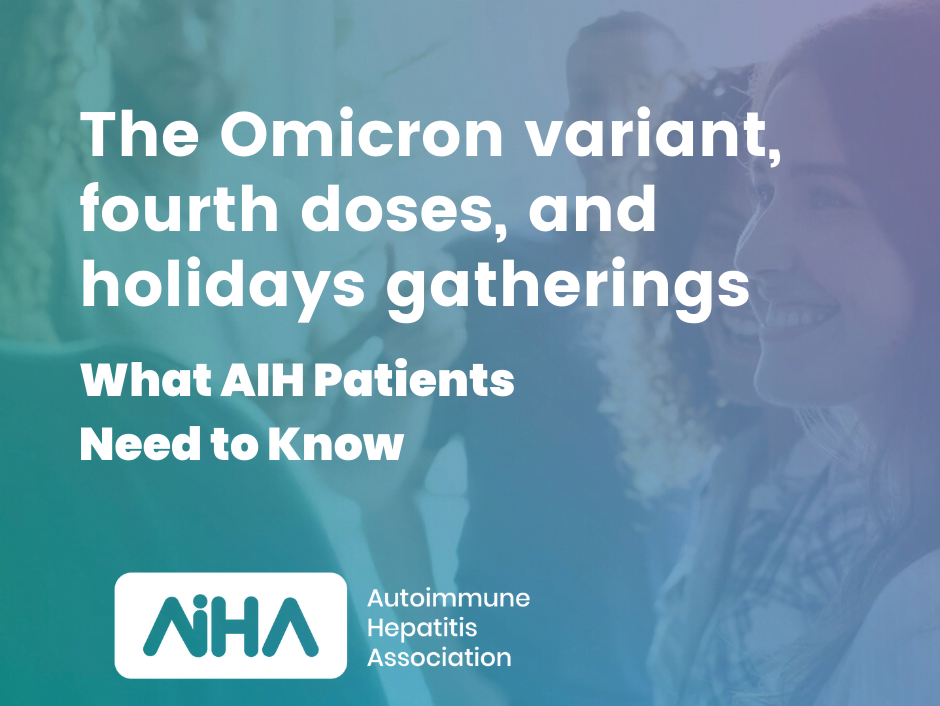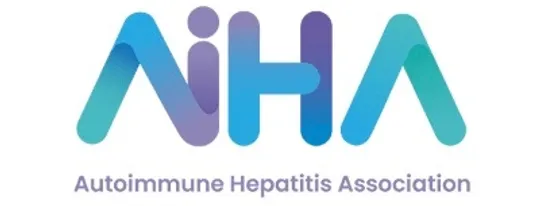By the Autoimmune Hepatitis Association

The Omicron variant of SARS-CoV-2 is spreading quickly across the globe. Scientists are still sorting out its impact, but we know it is highly contagious and has the potential to dramatically overwhelm healthcare systems.
Omicron is very much changing the definition of “fully vaccinated,” as data is suggesting a third dose booster vaccine is necessary in non-immunocompromised patients to enhance protection. A fourth dose may be on the horizon for all patients.
What about immunocompromised patients? How will the Omicron wave affect them?
In the US, per the CDC, immunocompromised patients should have received at least three vaccine doses (if receiving Pfizer or Moderna), including the first two vaccine doses plus an additional primary shot at least 28 days after the second shot. If, however, it has been six months since patients have completed the three-vaccine series, they should consider a booster shot. More information can be found on the CDC website and we encourage you to speak with your doctor.
Maintaining protection in this wave of Omicron will be important, but how this wave of COVID-19 impacts immunosuppressed patients is yet to be seen. If Omicron is like prior waves of COVID-19, patients on immunosuppression that are not protected (not vaccinated) may be at higher risk of severe infection. Data concerning prior variants have shown more likelihood of severe COVID-19 in patients taking systemic glucocorticoids or thiopurines (such as Azathioprine/Imuran). In smaller groups, patients on Mycophenolate/CellCept and Tacrolimus/Prograf also had increased risk of severe COVID-19. Learn more here.
We recommend you celebrate the holidays but do so wisely. Here are some tips to help you stay healthy:
- Follow vaccine guidelines and get vaccinated if you haven’t already (contact your doctor if you have questions about whether or not you should receive the vaccine).
- Stay home if you’re sick, even if you only have mild symptoms.
- Consider testing before and after travel.
If you spend time with unvaccinated family and friends, consider:
- Limiting gatherings
- Minimizing time together
- Celebrating outdoors
- Wearing masks
The AIHA wishes you and your family a wonderful holiday season!
